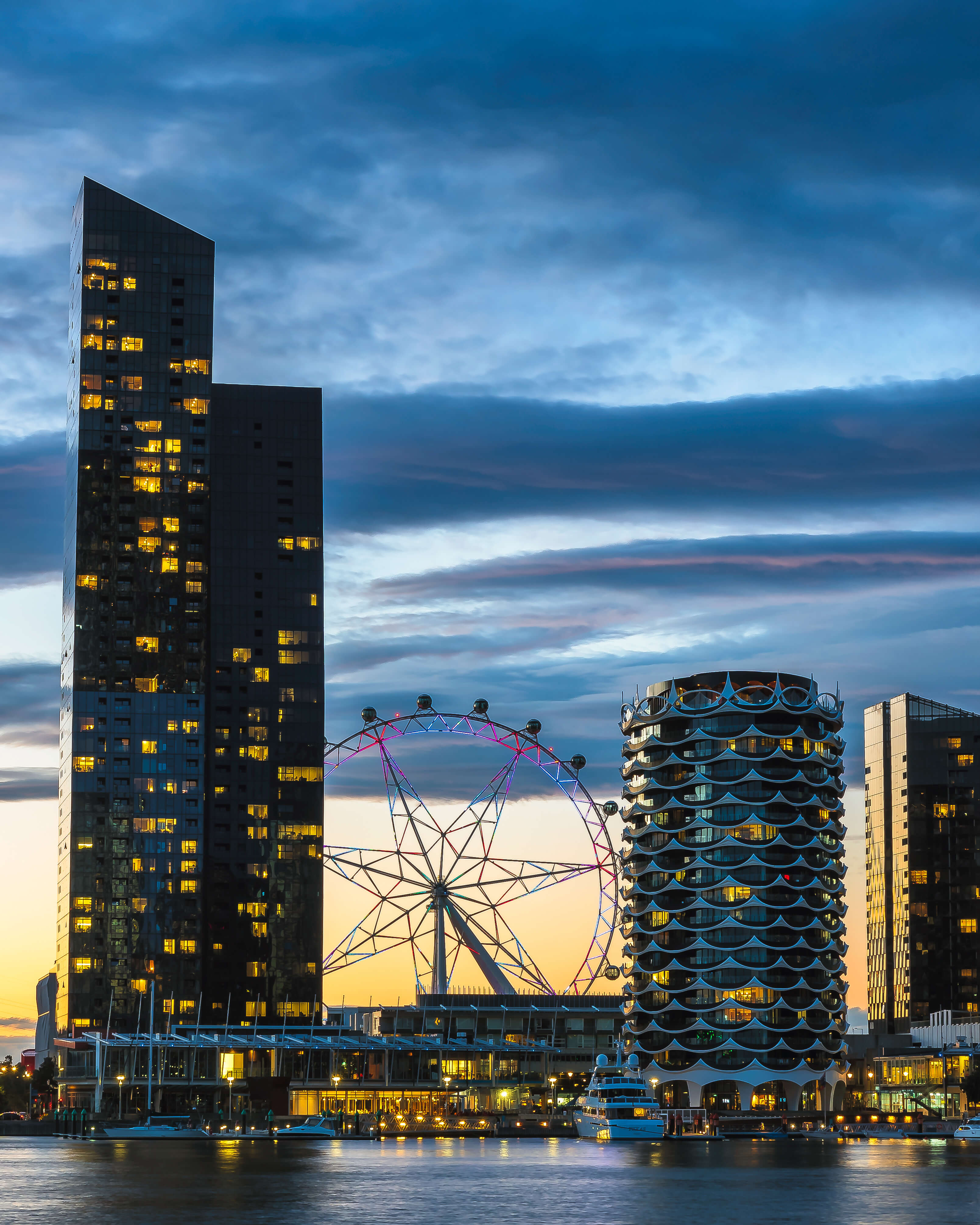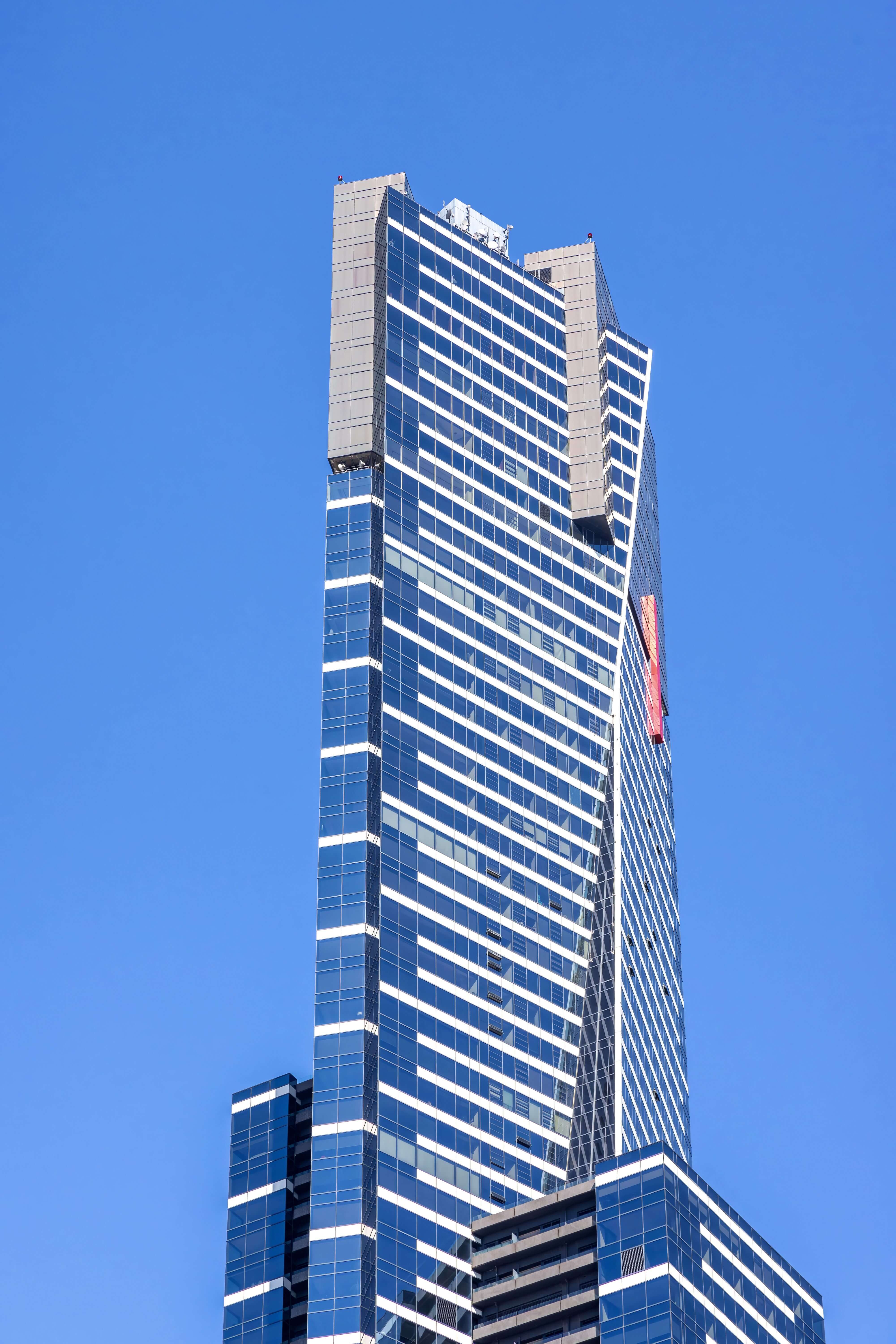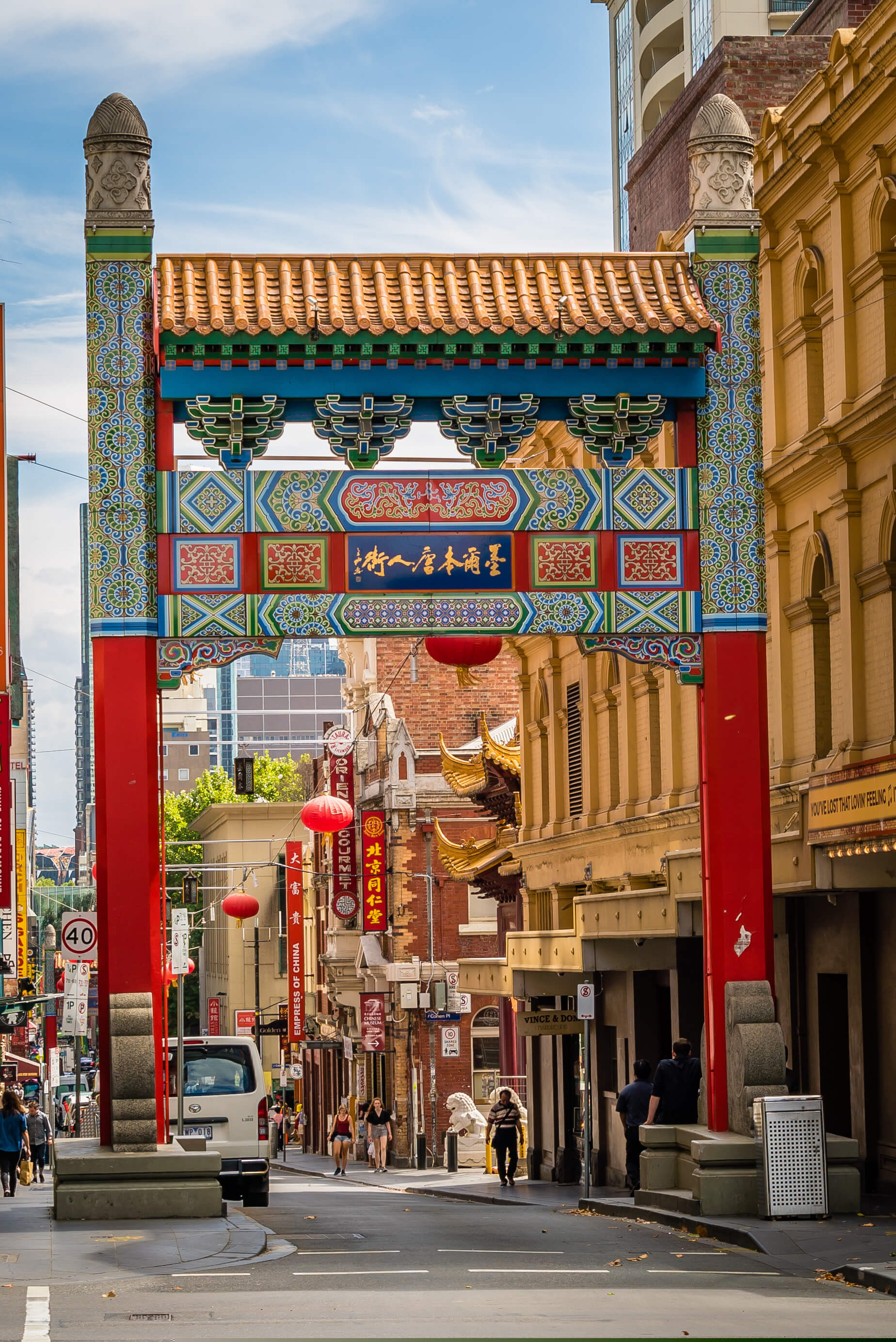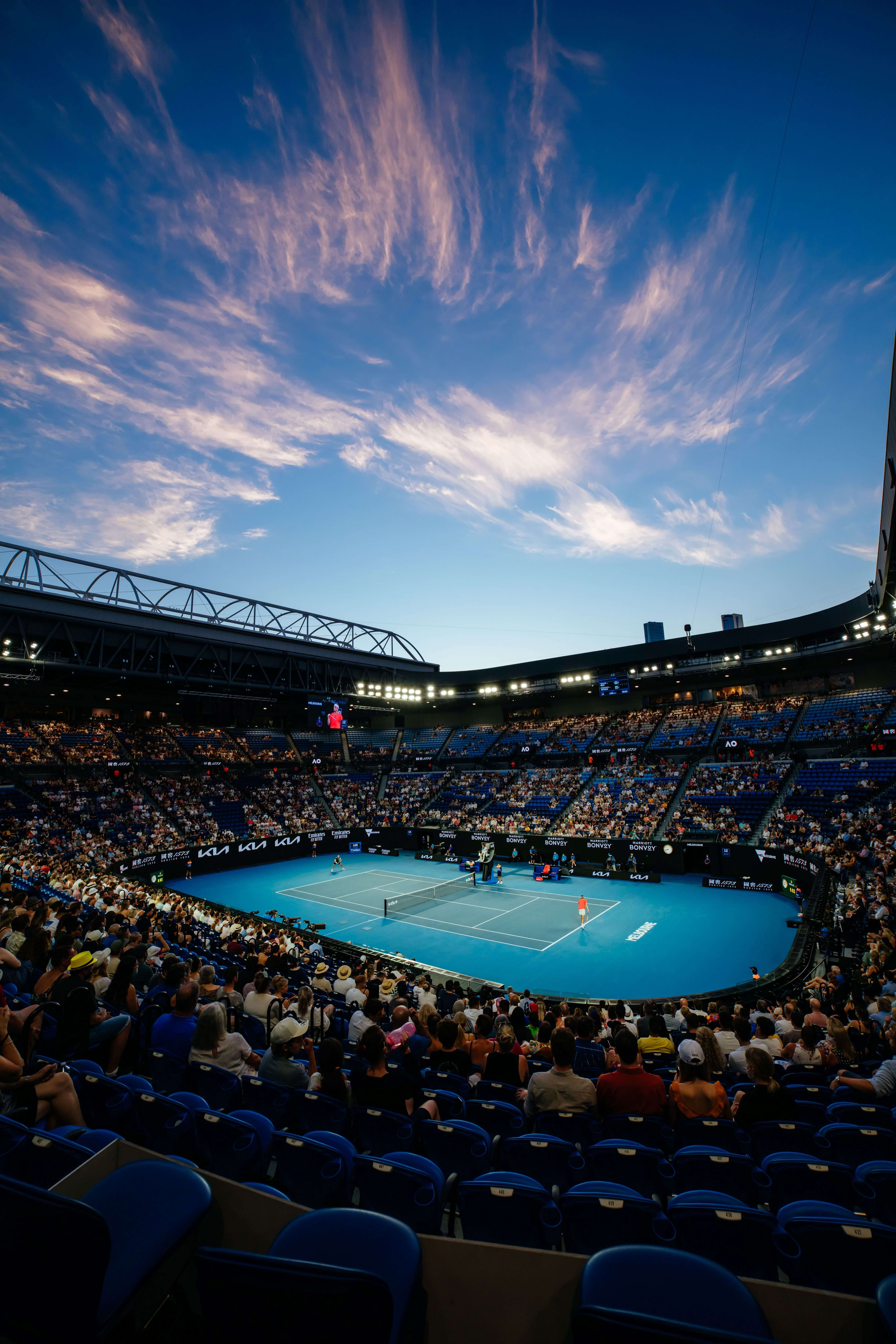The future of Melbourne:
Prosperous, inclusive and sustainable
What does the future hold for Australia’s new largest city?
From its thriving economy and ambitious infrastructure projects to its commitment to climate change resilience and its vibrant sports and cultural scenes, Melbourne is a city on the rise.
Frequently crowned one of the world’s most liveable cities, Melbourne is rich with economic opportunities and potential.
This report delves into the city's strengths, challenges and future prospects, providing valuable insights for investors, businesses and residents alike.
CHAPTERS IN THE REPORT:
Population growth and emerging technologies build momentum for Melbourne’s economy
Melbourne's growing population, which has surpassed Sydney as Australia's largest city, is also the main source of economic growth for the city.
Melbourne currently has over 5 million residents, and is expected to reach 8 million by 2050, creating needs for jobs, housing and services. The city's diverse and cosmopolitan culture draws migrants, visitors and investors, who add to its global reputation and appeal.
Melbourne City Council has outlined eight priorities to lay the foundation for a thriving city economy.
These include:
- shaping a business-friendly, digitally connected city,
- spearheading a creative resurgence,
- increasing housing supply,
- transitioning to a low-carbon economy and
- celebrating diversity.
It’s an important vision to support Melbourne businesses as they rebuild in the years ahead.
See the report for a detailed analysis of Melbourne’s economic outlook.
Sally Capp AO

"Melbourne, Australia’s most dynamic city is a magnet for visitors, investors, residents and students. Generating opportunities in business, tourism, culture and education, Melbourne has consistently been crowned one of the world’s most liveable cities."
Simon Yuncken

"That infrastructure should pay dividends, but the flip side is the high level of investment required. It's a fair chance this means higher charges and taxes and this could make Victoria less attractive for business."
Melbourne: the cultural capital of Australia
Melbourne is widely regarded as the cultural capital of Australia, thanks to its vibrant and diverse arts scene, culinary excellence and multiculturalism.
The city hosts a range of cultural events and festivals, such as the Melbourne International Film Festival, the Moomba Festival, Melbourne Fashion Week and the Melbourne Writers Festival, showcasing local and international talent and attracting millions of visitors each year.
Home to some of the most prestigious and renowned cultural institutions in the country, Melbourne offers world-class exhibitions, performances and collections. The city also celebrates its multicultural heritage and diversity, with various neighbourhoods, such as Chinatown, Little Italy and the Greek precinct, offering authentic cuisines and experiences from different cultures.
The city's cultural sector contributes significantly to its economy, generating billions of dollars in revenue, creating thousands of jobs, and supporting tourism and hospitality industries.
The city is undergoing a major transformation of its arts precinct, investing in modernising and enhancing its existing venues, creating new public spaces and gardens, and supporting innovation and creativity.
Read more about Melbourne's rich cultural heritage in the full report.
The "Swift Effect" on the Melbourne Economy
Taylor Swift's 2024 concerts in Australia, starting in Melbourne, has sparked discussions among central bankers and economists regarding its broader economic implications.
The surge in hotel prices and the anticipated economic impact of Swift's Eras tour illustrate the significant financial footprint of such events, despite their minimal weight in consumer baskets.
Swift's ability to rally fans translates into substantial economic activity, from ticket sales to accommodation, injecting billions into Melbourne's economy.
The phenomenon of ‘Taylor Swift inflation’ highlights the intricate interplay between popular culture, consumer behaviour, and macroeconomic trends.
Kristie Dundon

“RSM has long had a thriving presence in Melbourne, we are privileged to count some of the city’s most esteemed businesses as our clients. This gives us an inimitable perspective on the state of play across both the public and private sectors and we are pleased to be able to share these insights in this report.”
Melbourne is moving towards net zero through climate change resilience and action
Melbourne is taking action to become a net-zero emissions city by 2045.
Climate change is already affecting Melbourne, with rising temperatures putting strain on energy systems and increasing the risk of heat-related illnesses. Increased severity and frequency of bushfires and floods threaten lives and property, while also having significant economic implications. he city has received recognition and awards for its sustainability efforts, such as being certified as a carbon neutral city and ranking among the top sustainable cities in the world. The city is also fostering a culture of innovation and collaboration, supporting new technologies and businesses that address climate challenges and create new opportunities.
Melbourne’s businesses face mounting challenges in terms of operational disruptions, increased insurance premiums and potential asset devaluation. As the impacts of climate change continue to escalate, businesses that fail to adapt could face severe consequences.
Melbourne's businesses must report their climate-related financial risks and opportunities, and implement strategies to reduce their emissions, diversify their supply chains, invest in renewable energy and protect their assets from climate disruptions.
Jean-Marc Imbert

"A unique situation in Melbourne is there are multiple agencies with a vested interest in, and influence over, addressing climate change."
Maximising Melbourne's sporting events: a winning strategy for success
With a rich history of hosting iconic and prestigious sporting events, Melbourne's passion for sports runs deep.
From the Australian Open to the Melbourne Cup, the city's world-class facilities and commitment to innovation create unforgettable experiences for athletes, fans, and the global audience.
Melbourne's sporting events and activities make a significant contribution to the city's economy, generating billions of dollars in revenue, creating thousands of jobs, and supporting tourism and hospitality sectors.
The city's sporting culture also has a positive impact on the city's social and environmental wellbeing, enhancing the health and happiness of its residents, celebrating its diversity and multiculturalism, and promoting its green and liveable image.
Learn more about the sports culture in Melbourne in the full report.
Paul Guerra

“We need to seriously consider the long-term future of the MCG and the wider Olympic Park precinct. If we have the right connectivity between venues, we can start to develop experiences that really display the strength and diversity of our city.”
FOR FURTHER ENQUIRIES, CONTACT OUR TEAM:






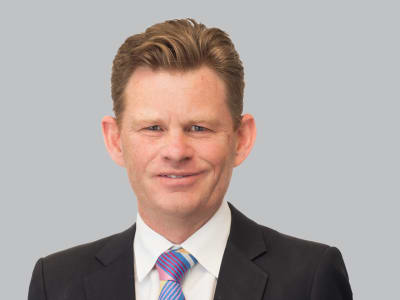




SPECIAL THANKS TO...








